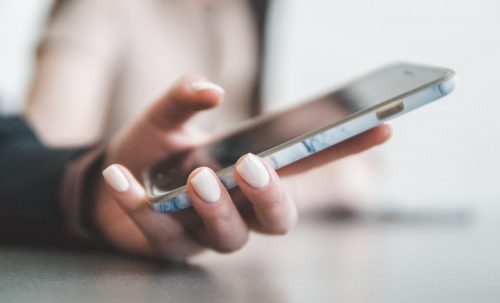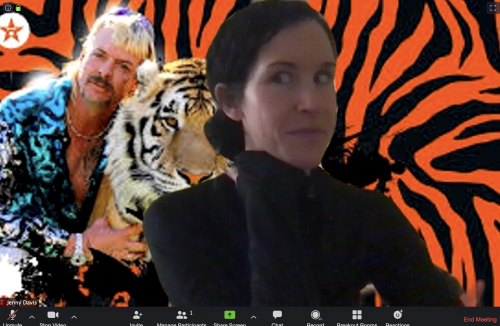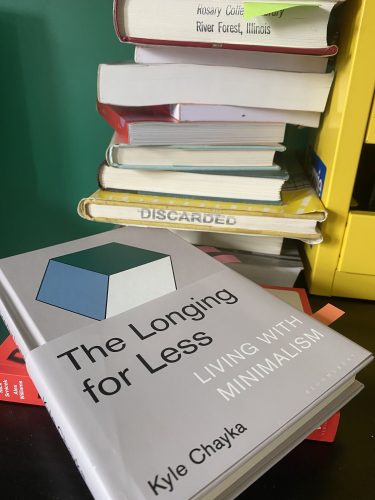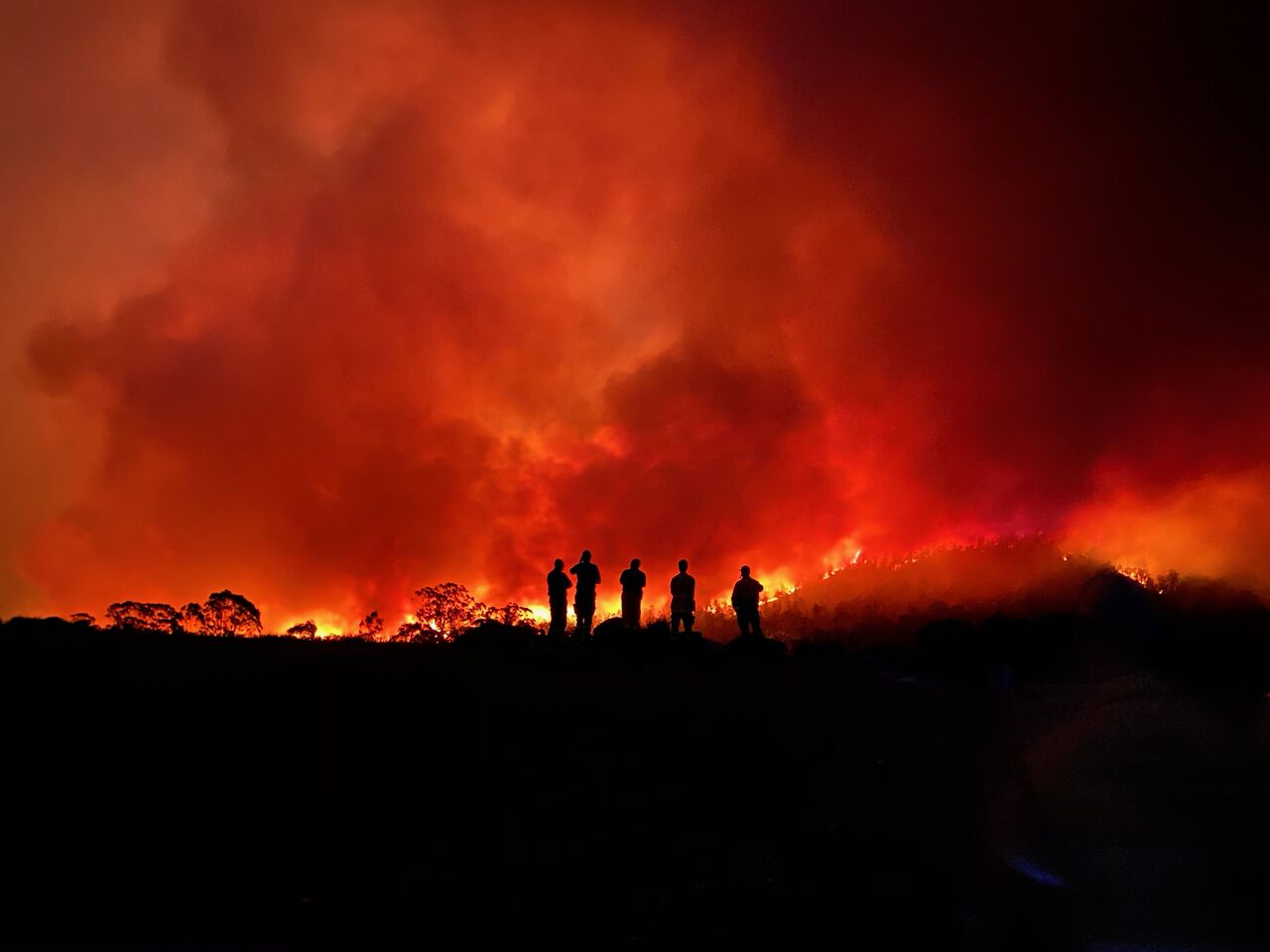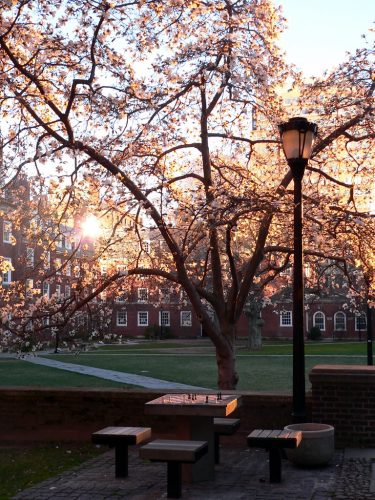The idea of synthetic companions is not novel.
I got my first robot at around four or five – the Alphie II. For the mid-80s, it was an incredibly novel experience: insert different cards and Alphie would teach you basic skills in math, spelling, and problem solving. Though Alphie didn’t have the capacity for improvised conversations, my young self quickly formed a bond with the little robot. I’ve no doubt that he’s the locus of my persistent curiosity with artificial persons.


